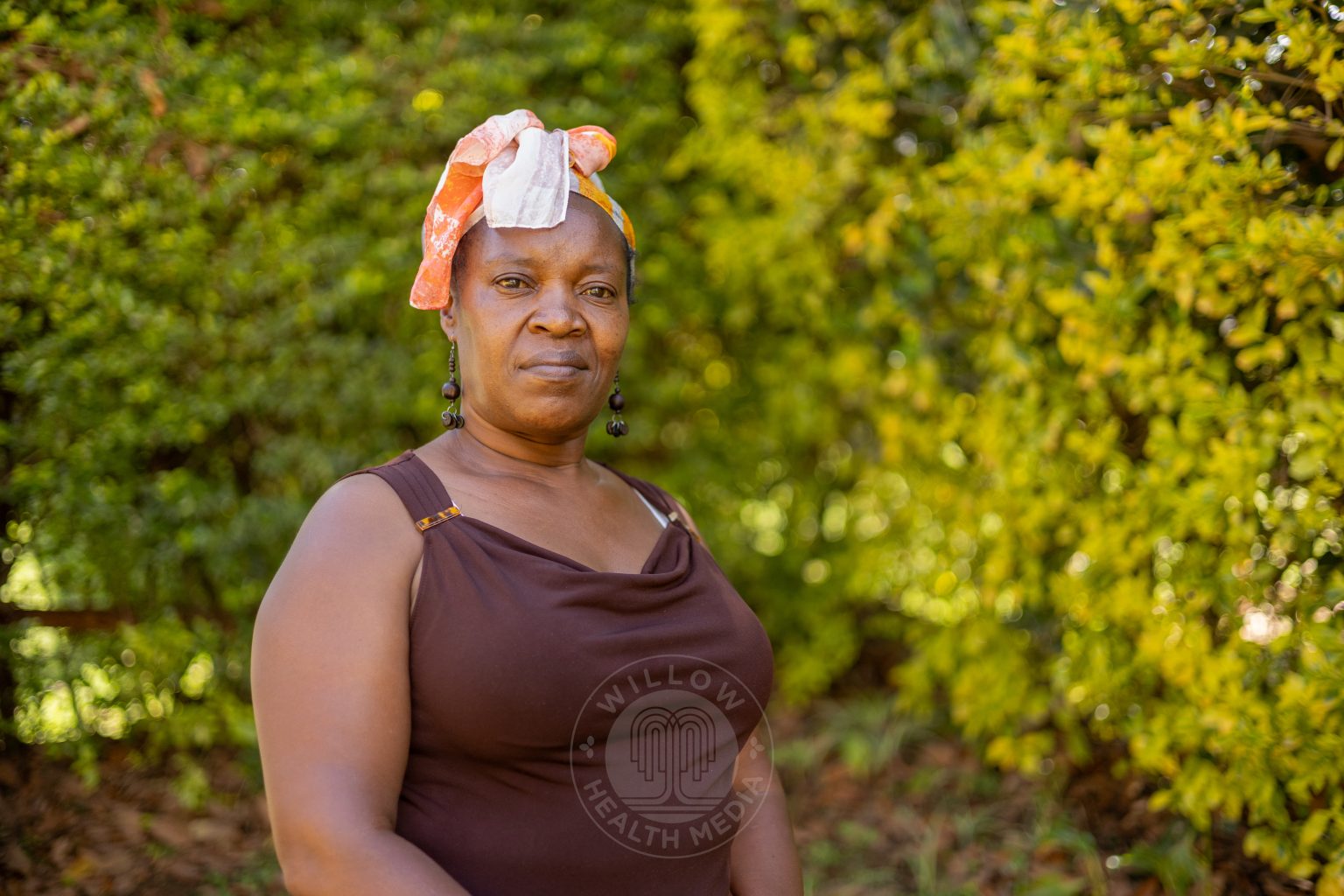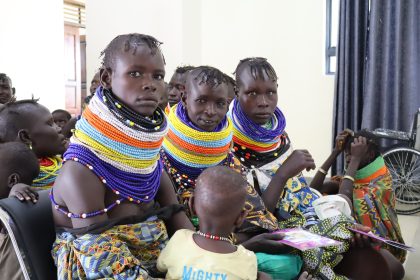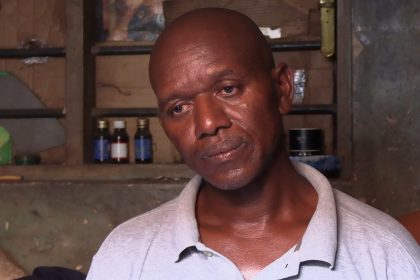Women often enter menopause quietly, experiencing confusing symptoms that are frequently misdiagnosed. Yet gaps in knowledge and policy leave them isolated, stigmatised, and without the support they need
Menopause may be a natural stage of life, but for many Kenyan women it remains a private, painful journey; one rarely discussed in families, communities, or even healthcare settings.
In Iten, a scenic town in Elgeyo Marakwet county, Josephine Kiprotich, a mother of six and a market vendor, says menopause once tore her marriage apart.
“I began experiencing hot flashes at 35 years, and when I turned 40, things worsened,” she recalls. “The reactions led to a serious conflict between my husband and me.”
Her symptoms, which doctors later confirmed marked the onset of menopause, were so severe that she left her matrimonial home and lived with her parents for seven years. Pain, swollen feet, and mood changes made it difficult to work.
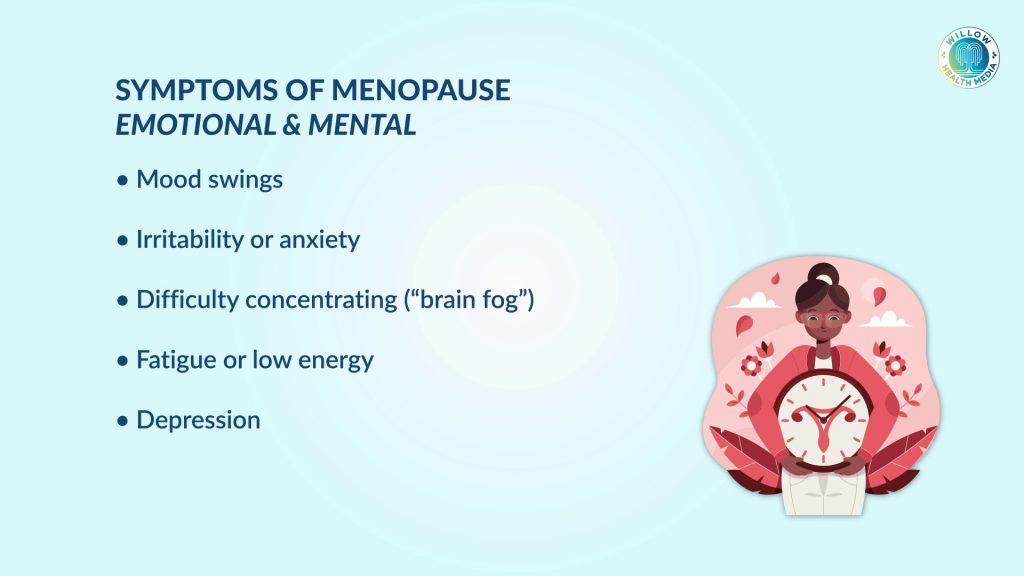
“After I left, my husband called my mother, who urged him to give me some time to get used to the symptoms,” she says.

Her troubled husband inquired from the elderly women if there was any medication for his wife, but they told him there was little that could be done to address a hormonal issue.
Her feet began to ache, and after several hospital visits, medics said she had commenced her menopause phase, prescribed painkillers and urged her to soldier on. But even after returning home, she says the emotional distance remains.
“Despite going back, I still don’t have feelings for my husband. Everyone sleeps in their bedroom,” she says, adding that men urgently need education on menopause, as her husband had suspected infidelity.
“Our grandmothers told us that intercourse during menopause would contaminate our bodies”
According to the World Health Organisation (WHO), menopause typically occurs between the ages of 45 and 55, when the ovaries stop producing eggs.
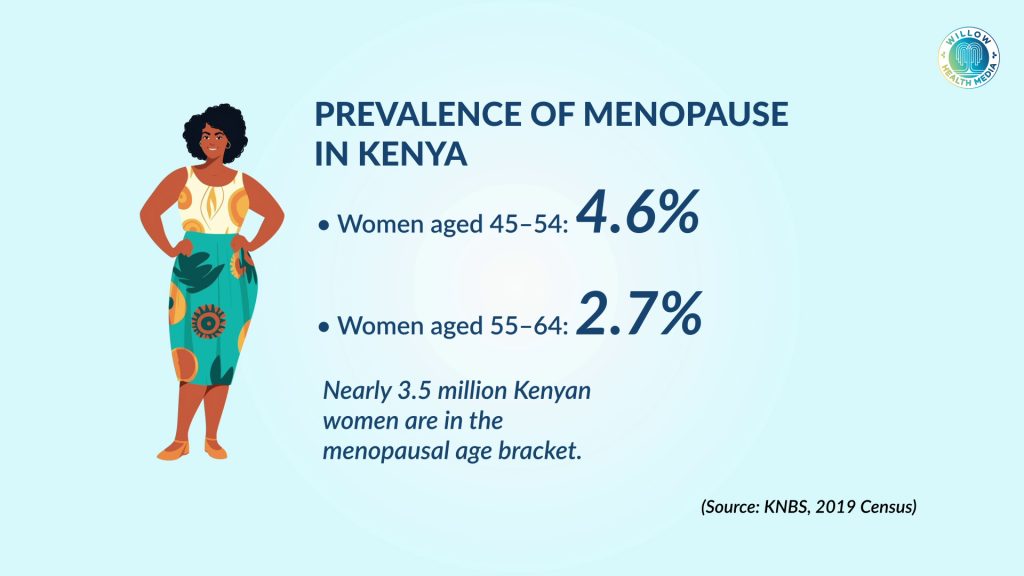
But many Kenyan women experience it earlier, or with symptoms so intense that families and even clinicians misinterpret them.

For Anita Kurgat, also a vendor at Iten market, her symptoms began at 48.
“Luckily, I had learnt about menopause and its symptoms from the internet. Early in life, our grandmothers told us to expect this, which helped prepare us psychologically,” she says. “The changes are unforgiving. Sometimes you become weary and sweat profusely.”
Yet myths persist.
“Our grandmothers told us that when we get to menopause, it was the end of sexual relations… that intercourse would contaminate our bodies and cause our bellies to swell,” Kurgat adds. “This breeds conflict between couples.”

At 49, Pamela Maiyo, now 56, also began sweating at night and feeling physically weak, but only for a month. Despite knowing she was in menopause, neither she nor her husband raised the subject. “You know, adults find it difficult to have these conversations,” she says.
For Felister Chumo, a 53-year-old widow, the transition came gradually. “There are women who become irritable, but symptoms differ,” she says, crediting exercise with her peers in the “Iten grannies” football group for helping her cope.
Hundreds of kilometres away in Nairobi, Ruth Musembi describes a five-year struggle to understand what was happening to her body.
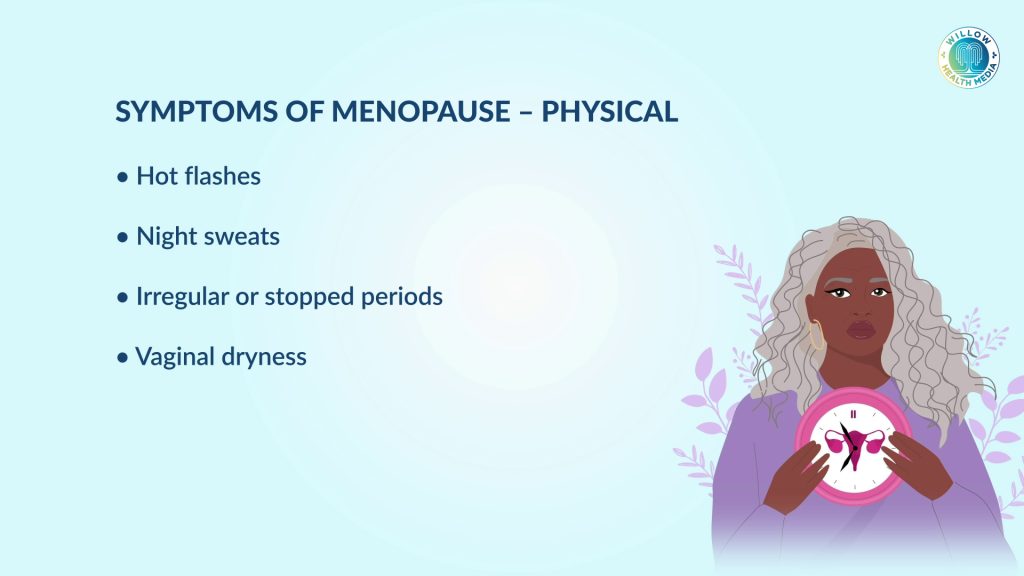
Her symptoms began in 2017, long before she discovered she was in perimenopause, the transitional phase marked by hormonal fluctuations.

“I would exhaust the family medical cover by moving from one doctor to another, each running different tests and finding nothing conclusive,” she says.
Hot flashes, brain fog, and persistent sweating pushed her to seek answers. “I sent a WhatsApp message to my gynaecologist… he texted back telling me I was perimenopause,” she recalls. Vitamin E and herbal medicine offered temporary relief before the symptoms worsened again.
The emotional and mental strain isolated her, leaving her unable to perform at work. Family support, she says, helped her survive.
But stigma persists, and “Even those who know about menopause are against using medication to relieve symptoms,” she notes.
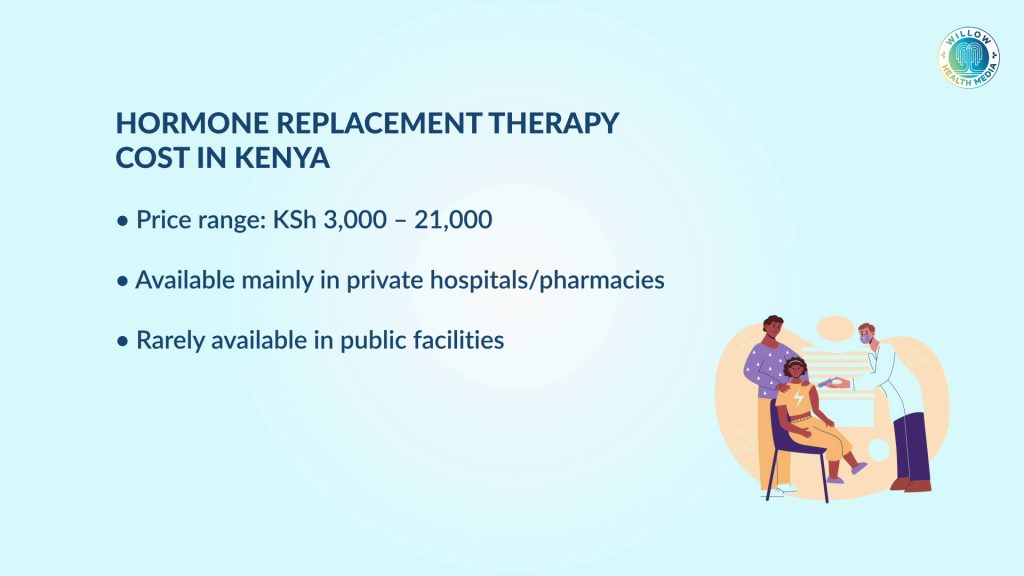
Many women begin the menopause journey quietly, with symptoms often misdiagnosed as malaria
Her husband, Reverend Dr Patrick Musembi, admits he had little understanding until the symptoms became visible at home.

“I’d heard about menopause but didn’t know much,” he says. “Conversations faded. It’s after I understood what she was going through that I began offering support. Men need to be empowered to support their spouses.”
Gynaecologist Dr Josephine Kibaru says many women begin the journey quietly and are often misdiagnosed, especially for malaria.
“In my practice, I’ve seen women with many doses of anti-malaria,” she says.
While 50 is the commonly documented age of menopause, some women experience it as late as their 60s, while others face premature menopause at 35 or 40. Genetics, smoking, body weight, and surgeries like ovary removal all influence timing.
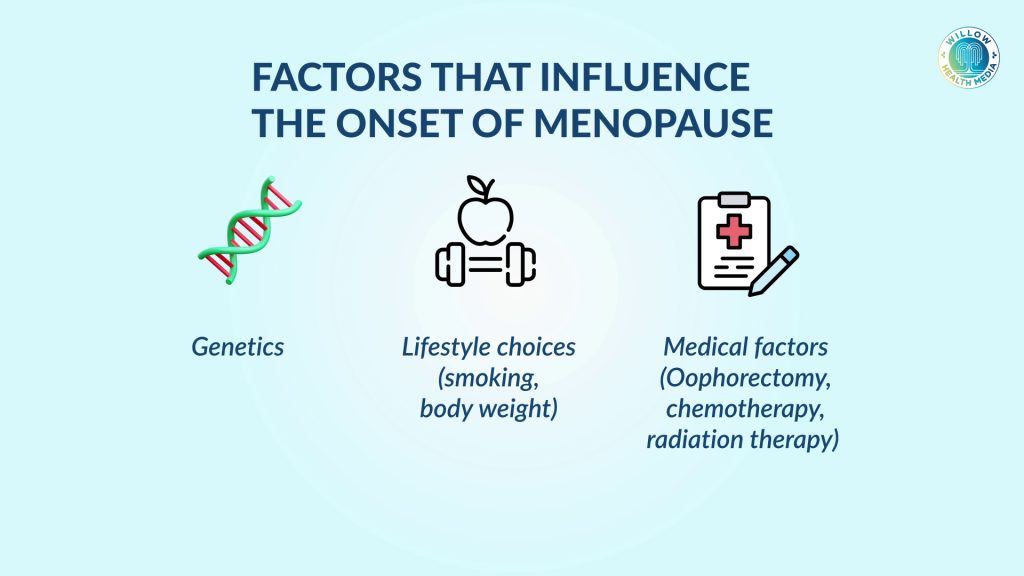
Kibaru attributes misdiagnosis to clinicians failing to take full histories and to limited training. She urges wider awareness, lifestyle changes and access to Hormone Replacement Therapy (HRT), which she says helps reduce symptoms by restoring diminished oestrogen levels.

In Kenya, HRT costs between Ksh3,000 to Ksh21,000, making it out of reach for many. Kibaru calls on the government to add HRT to the essential medicines list and encourage the importation of cheaper generics.
“Silence and stigma make menopause even harder for women,” she says.
Community Health Promoter Anne Kigotho in Kiambu County says her own experience was marked with confusion and frustration. She first learnt about menopause from her older friend.
“Most of the time, it’s just personal advice,” she says. “When you start noticing changes in your body, you might talk to a friend or visit a doctor, and as you share your age and what you’re feeling, they tell you you’re probably entering menopause.”
As a CHP, Kigotho refers women to hospitals, but wishes for better training and information. She also calls for awareness not just among women, but also among men.
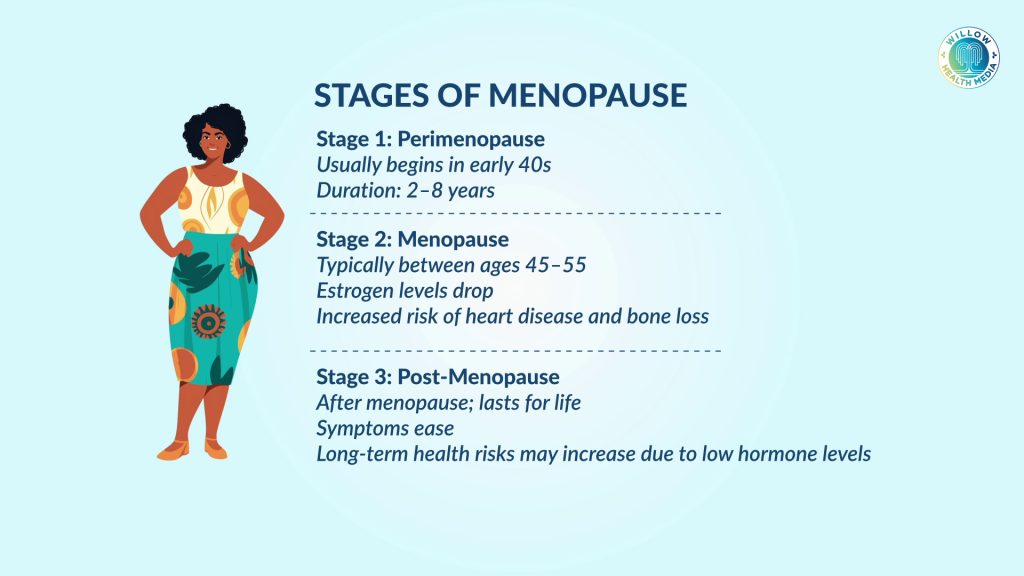
“Men, including our husbands and brothers, also need to be educated so that when their wives or sisters reach the age of menopause, they can understand what they’re going through.”
A 2024 Kenyatta University study of 478 women aged 40-60 found that 38 per cent of menopausal women experienced reduced work productivity, which is 20 per cent higher than those not in menopause. Overall, 72.6 per cent reported mild to severe impairment, and 33 per cent faced moderate to severe challenges.
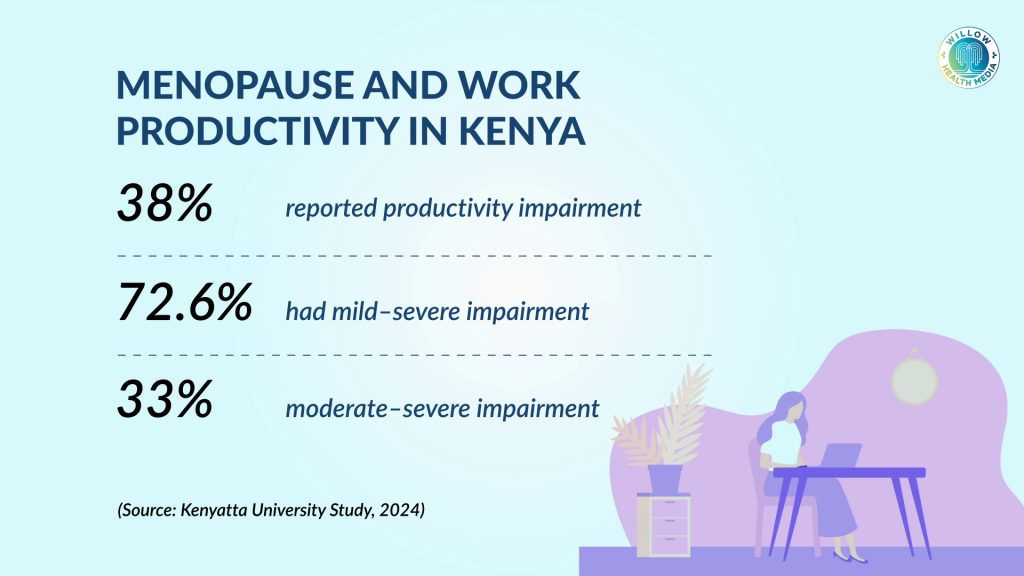
For women across the country, the transition to menopause remains deeply personal; often painful, misunderstood, and still spoken about in hushed tones.
With no explicit law on menopause management in Kenya, experts like Dr Kibaru and frontline workers like Kigotho agree that breaking the silence and spreading awareness is the first step toward empowering women through this natural yet confusing phase of life.



